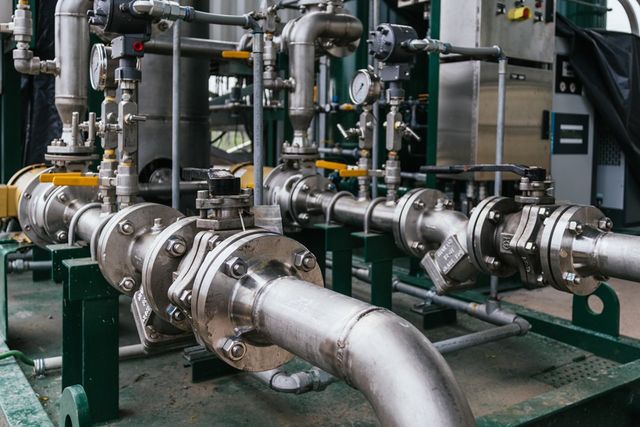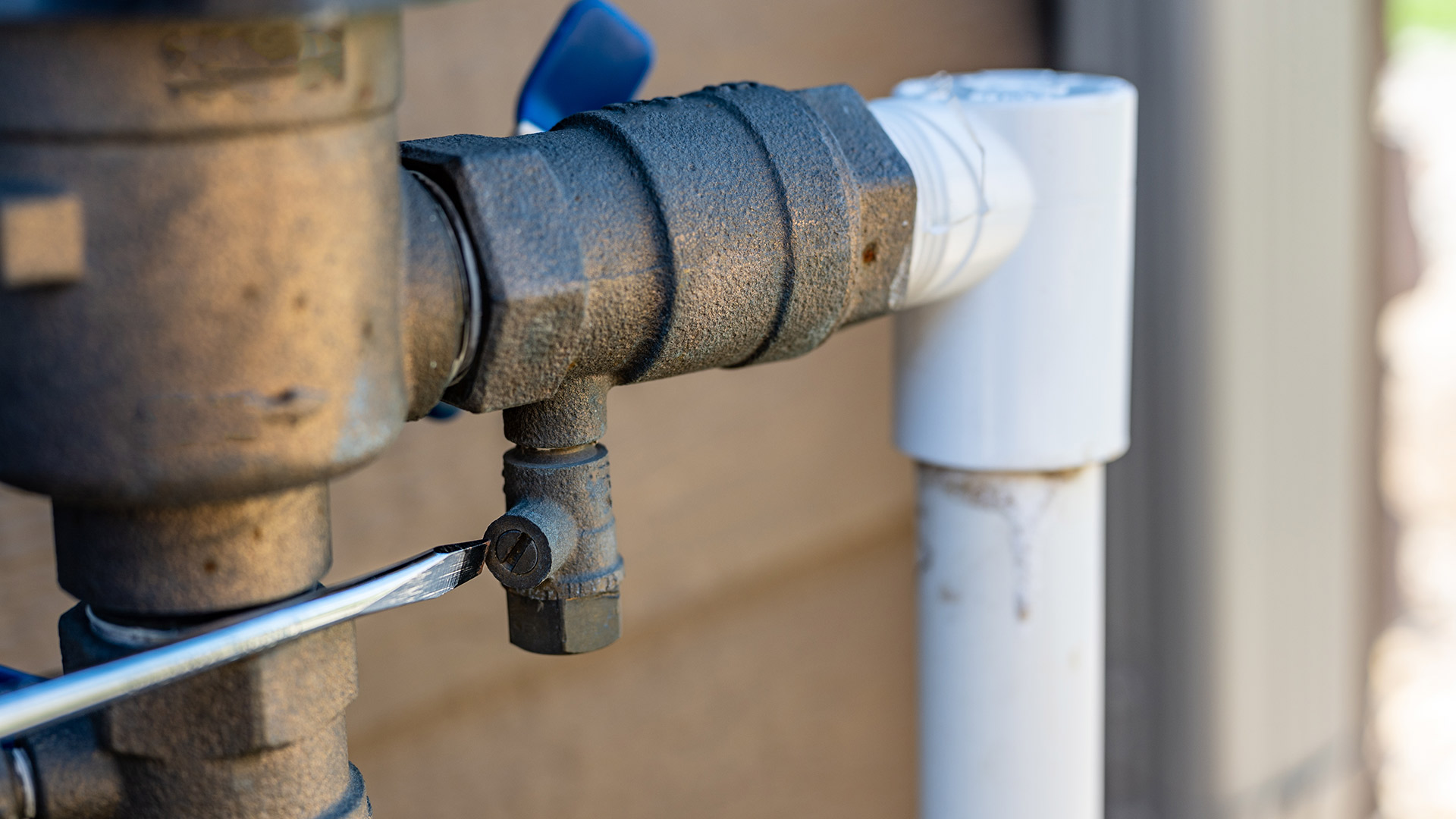Are Backflow Testing Compulsory for My Water Supply?
Are Backflow Testing Compulsory for My Water Supply?
Blog Article
They are making a number of good annotation about Is backflow testing necessary? in general in the article beneath.

Yes, you need to backflow test your home's supply of water to guarantee that the water is devoid of contaminants as well as damaging levels of chemicals. As a result of the devices needed and area for error, you need to not attempt to execute heartburn testing by yourself. We advise that you call a specialist plumber every couple of years to examine your water.
Heartburn Can Impact Both You as well as Your City
Due to the fact that hazardous backflow can affect the public water supply in addition to a single building, several cities establish backflow guidelines. The good news is, modern-day cities have backflow tools in position that secure the water system that comes from the majority of houses as well as industrial residential properties. The actual hazard comes from irrigation systems, which can hurt the water with poisonous fertilizers, manure, and other chemicals.
What Triggers Heartburn?
A common cause of backflow is a loss of water pressure that triggers the water to siphon back right into the water supply. After some time, there is a loss in water stress as well as the hose starts to suck the water back into the water supply. As you can picture, there are now chemicals from the paint that are going into the water supply, potentially posing a danger.
Backflow Testing is Required by Law in Specific Cities
Depending upon where you live, you might in fact be required by regulation to backflow examination your regulation. Iowa City maintains a document of all residential properties served by the city's water supply. The city requires that specific "high-hazard" facilities undergo heartburn screening. Sometimes, properties such as homes and apartment are impacted.
You Can Prevent Heartburn
The primary purpose of a heartburn device is to avoid water from flowing in reverse into your water supply. Plumbing professionals mount the tool on the pipelines in your residence to ensure that the water just moves in the appropriate instructions.
What is Heartburn?
In short, heartburn is when water moves upwards-- the opposite direction in the plumbing system. This is likewise known as "backpressure." When the water moves in this instructions, it can mix with damaging contaminants and position a threat.
Call a Plumber to Check for Heartburn Prior To It is Too Late
While it could seem grim, polluted water can result in horrible bacterial as well as viral infections that are tough to deal with. A plumbing firm can swiftly evaluate your house's water to determine if there are any hazardous chemical degrees. The tiny financial investment is if you can avoid the torment that comes from consuming infected water. As well as if you do uncover that your water has high levels of contaminants, a plumber can quickly install a backflow prevention tool.
Yes, you need to backflow test your house's water supply to ensure that the water is complimentary of contaminants as well as hazardous degrees of chemicals. Lots of cities establish heartburn guidelines because harmful heartburn can affect the public water supply in addition to a single building. A typical cause of backflow is a loss of water pressure that causes the water to siphon back right into the water supply. After some time, there is a loss in water stress as well as the hose pipe starts to draw the water back right into the water supply. The major function of a heartburn tool is to stop water from streaming backwards into your water supply.
WHY DOES BACKFLOW TESTING NEED TO BE DONE EVERY YEAR
What Is Backflow?
Toxic gas backing up into a building is one example of potential backflow issues, but backflow can occur in many other ways.
Backflow is generally referred to as the reversal of a liquid or gas in a plumbing system.
Most issues for the public occur with backflow resulting in contaminated drinking water. If you look up backflow issues online you’ll probably find references to “potable” water. That means drinking water.
There have been backflow issues in the past with drinking water. Chemicals, sewage and other contaminants have found their way into drinking water causing health issues for those that count on the fresh water.
What Causes Backflow?
In a residence or commercial building water generally flows one way. This normal flow is usually driven by consistent pressure in the water and waste system.
Anything that changes the normal pressure in the system can lead to backflow.
Fire hydrant use or malfunction can reverse the normal pressure in the system on a city line, but backflow can occur in a number of different ways.
Sometimes backpressure might be caused by someone using a garden hose and submerging the end of the hose in a pool of liquid. If pressure is lost the flow could reverse and contaminants could be released into the drinking water.
Anytime there is a connection between contaminants and the drinking water there is potential for a backflow issue. Sometimes these connections are not immediately obvious like the garden hose connecting to a building’s drinking water supply.
Backflow Regulations
The Environmental Protection Agency (EPA) provides guidelines and regulations for state and local governments regarding backflow. State and local governments also have their own guidelines and regulations for backflow prevention.
Arizona has its own backflow regulations.
Due to issues with backflow in the past, regulations require backflow preventer devices to be used in nearly all residential and commercial buildings.
A backflow preventer is a device that prevents backflow as cross-connection points where potential backflow issues may occur.
While backflow is not a common occurrence, preventers are in place to make sure there is no contamination should something malfunction or go wrong with a building’s water supply.

I stumbled upon that content about Is backflow testing necessary? when browsing on the web. Don't hesitate to take a moment to distribute this page if you enjoyed reading it. Kudos for your time. Come back soon.
Book A Service Call
Report this page